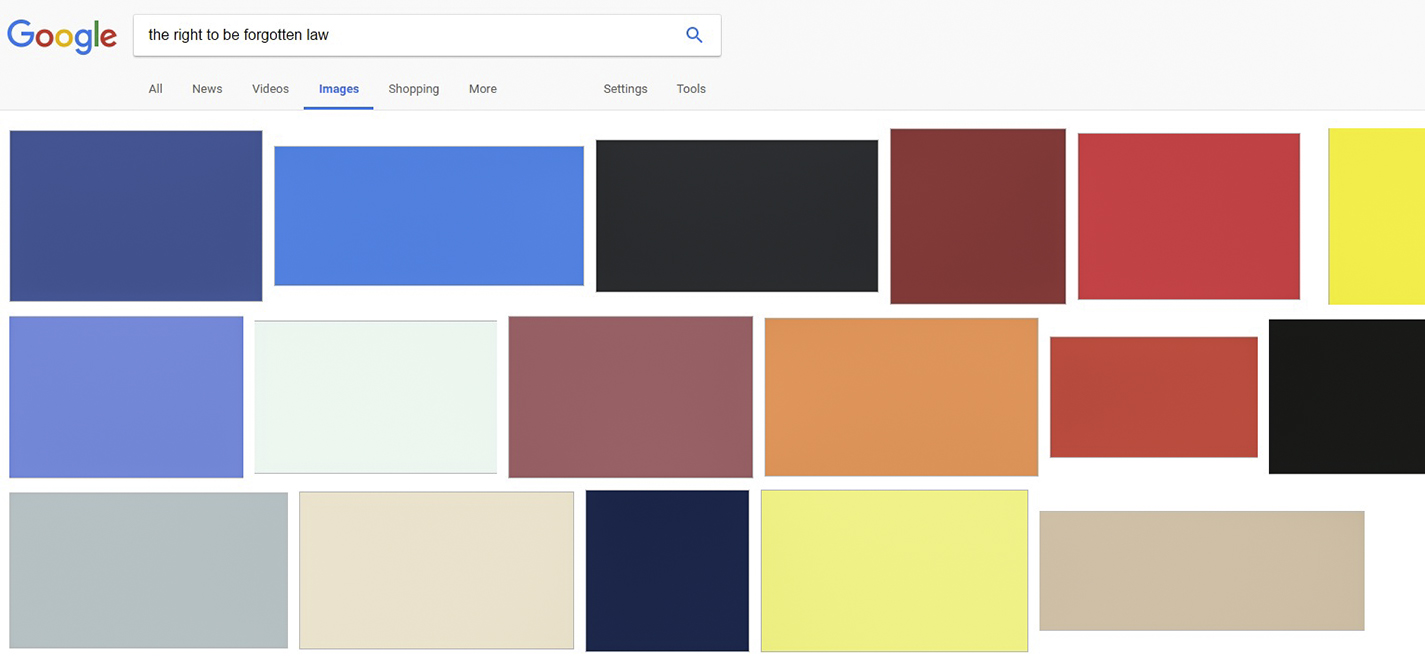
Internet — forget me!
How to stop search engines displaying embarrassing results about you.
Whenever you search his name, that picture of him with a broad smile and a circumcised penis keeps coming up.
The right to erasure is not a license for removing content about you that you do not like.

Valmir Mehmetaj
Valmir Mehmetaj is a journalist who has previously worked in TV journalism and as a staff writer at Kosovo 2.0. Valmir studied communication sciences at the South East European University in Tetovo, Macedonia. He believes deeply in constant learning and forming original thoughts, and mainly writes about cultural and social issues.
This story was originally written in English.